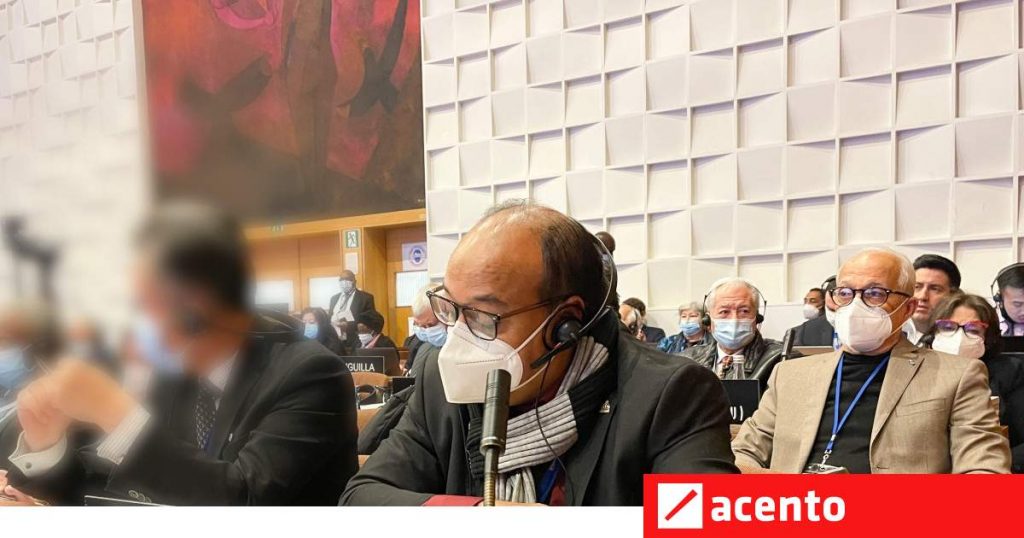At the UNESCO General Conference, MESCyT reflects on the value of open science


The Ministry of Higher Education, Science and Technology of the Dominican Republic (MESCyT)She highlighted the importance of open science, after her participation in the forty-first General Conference of the United Nations Educational, Scientific and Cultural Organization, (UNESCO), which is held at the headquarters of the French capital.
Andrés Merigo, Director of Science and Technology Promotion and Dissemination, is participating in MESCyT, on behalf of Minister Franklin García-Fermin.
“The global COVID-19 health crisis on a global scale has demonstrated the urgent need for access to scientific information, knowledge sharing, enhanced scientific collaboration, science- and knowledge-based decision-making to respond to global emergencies and to enhance the resilience of societies,” the Dominican official said.
Merigo also pointed out the opportunities and possibilities represented by the expansion of information technologies, as well as communications and global interconnectedness to accelerate human progress, reduce the digital divide and create knowledge societies.
The Research and Development Department welcomes approval of the “Draft Recommendation on Ethics for Artificial Intelligence”
“From the Dominican Republic, representing the Ministry of Higher Education, Science and Technology (MESCyT), we welcome the approval of the draft UNESCO Recommendation on the Ethics of Artificial Intelligence.”
The Dominican official valued that “the proposal is in line with the digital agenda prepared by the Ministry of Digital Transformation, which was established by Presidential Decree 71-21, to implement the digital transformation strategy in the field of governance, regulatory framework, communication, access, education, digital skills, digital economy, cybersecurity and technological innovation.”
He stressed that “it is important to address, in today’s virtual world, everything related to standard ethics in the field of artificial intelligence.”
Then he said that “the pressure of normative ethics on artificial intelligence enters into the pressure of the new model of open science, which enters into the convergence of science, technology and society (STS) and complex thinking, within the acceleration framework of the digital transformation witnessed by the cyber world in this second decade of the twenty-first century” .
The recommendations were unanimously approved, representing a new approach to knowledge.
Delegates from the 193 member states of this United Nations body participate in the 41st General Conference of UNESCO, which meets every two years with the aim of defining the organization’s policies, programs and budget.

“Future teen idol. Hardcore twitter trailblazer. Infuriatingly humble travel evangelist.”




:quality(85)/cloudfront-us-east-1.images.arcpublishing.com/infobae/BNGH73UCKQAZSQPCODUWO2BE5Y.jpg)





